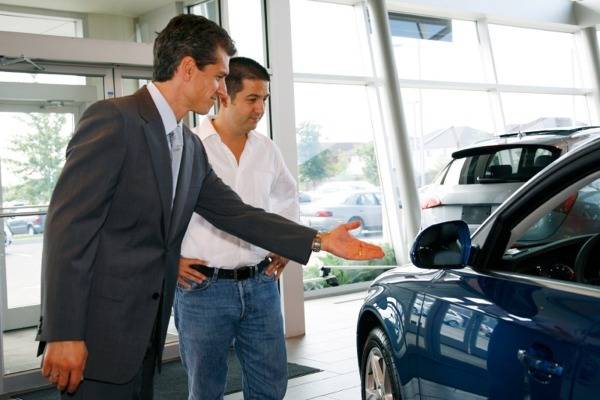Why don’t Singaporeans like to sell their cars in dealerships?
We have already covered ways of selling your car in Singapore and like anywhere else, one of the options is to sell your vehicle to the dealer. However, even though it is maybe the fastest and the most elegant way of disposing of your old car, it is one of the least favorite ones. Not just in Singapore but anywhere else. And here is why.
1) Dealers offer a lower price

Used car dealerships try to offer the lowest prices they get away with it. This is often the first thing people notice and also, the biggest problem in dealing with the dealers. The thing is that the dealership needs to buy at the lowest possible price and sell for a higher one in order to achieve profit. While is totally understandable, most dealers go too far. Sometimes they offer as low as 50% of the car’s market value.
Do not get fooled by smooth-talking salespersons and always check the real market value of your vehicle. You can also search for used cars ads or sites and find prices of the exact vehicle, model year and make with similar mileage. If you want to sell your car to the dealer or trade-in, you should have all this information. When dealers see that you know what your car is worth, they should treat you with more respect.
2) Dealers charge a lot more for paperwork

In Singapore, paperwork for selling your car is pretty complicated. Besides the ever so important Sales Agreement Form, you will face administrative charges of around $140, Excise Duty tax from Singapore’s customs, Goods & Services Tax of around 7%, Additional Registration Fee, and a few more things. If you handle this process by yourself it will take a few days, and you will pay exactly what the government wants you to.
But, if you go through the dealer, they will charge you quite a lot for their service and even try to make some money for fees which are not needed. In the end, the whole deal will cost you a lot more than if you were to do it all by yourself. It will definitely be faster & easier for you, but it will be significantly more expensive.
3) Dealers point out the insignificant ‘bad’ things on your car

As mentioned earlier, dealers want to buy your car for the lowest price possible. One way they do this is by pointing out all the insignificant ‘bad’ things about your car so they can use that to justify a reduction in price. Be prepared for that. First, you have to know your car by heart and understand the basic principles of mechanics in order to defend your price.
Second, you have to know what is important and what is not. For example, if a dealer points out that you have a scratched fender and starts making comments about it, your reply should be that it isn’t important for driving dynamics and it doesn’t affect the overall condition of the car. If the dealer sees that you are a knowledgeable customer he will be much more careful and you will get a better deal.
4) Dealers ‘love’ newbies

Dealers love newbies or people without any automotive experience. This way they can tell you anything & easily make you believe what you say. It doesn’t matter whether you are selling or buying a car, the dealer will have it their way. So, the best advice is, if you are someone without much experience, visit the dealer in the company of an older, more experienced person. Or try to avoid dealers in general, at least until you know a little more about cars.
A smart alternative to dealers is selling/ buying your car to direct sellers/ buyers through online marketplaces like carro.sg These sites even take care of your paperwork and provide professional advice and services such as FREE warranty & inspections!
Do you know other reasons why Singaporean’s do not like to sell their cars in dealerships? Or, do you have tips on how not to succumb to some of their unscrupulous tactics? Comment below.




